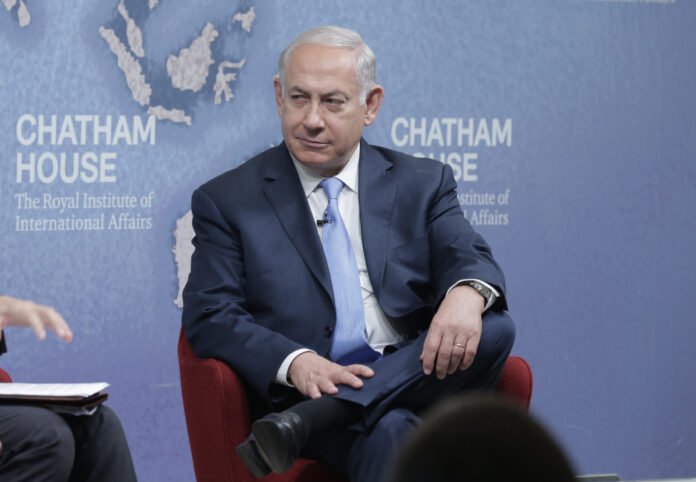As Netanyahu faces trial cross-examination, Israelis blame him for devastating war failures beyond charges
Prime Minister Benjamin Netanyahu’s recent cross-examination in his corruption trial should have captured the nation’s full attention. Instead, most Israelis looked away, preoccupied with the far graver controversies engulfing their leader. This week’s courtroom drama, a long-postponed ordeal dreaded by Netanyahu and eagerly anticipated by his political rivals, has been overshadowed by the catastrophic consequences of his misjudgments before and during the ongoing war.
While the charges against Netanyahu — bribery, fraud, and breach of trust — are serious, public outrage now dwarfs them. Many citizens and analysts see his alleged corruption as minor compared to the profound national crises they attribute to his leadership. The failures in handling the war, strategic errors, and policy blunders have left the prime minister’s political fate hanging on a far more perilous precipice.
Netanyahu’s courtroom appearance came after years of delays and legal battles, finally bringing to light a case that once dominated headlines. Yet, amid the escalating war crisis, Israelis’ focus has shifted dramatically. For many, the prime minister’s role in what they perceive as reckless or negligent decisions during the conflict has become the central issue, casting a shadow over the judicial process.
Embed from Getty ImagesPolitical commentators note that Netanyahu’s legal troubles, while real, now appear secondary to his responsibility for the war’s tragic toll. Critics accuse him of failing to anticipate threats and to protect Israeli citizens adequately, accusing him of prioritising political survival over national security.
Public sentiment reflects this growing divide. Polls show declining approval ratings, with many Israelis feeling betrayed by a leader once hailed as a political titan. His courtroom ordeal barely registers as citizens grapple with fears for their country’s future and the human cost of the conflict.
Netanyahu’s opponents in parliament and the media have seized upon this shift, arguing that his alleged corruption is but a symptom of a deeper malaise in his governance. They assert that the war’s mismanagement exposes systemic failings and call for urgent leadership changes to restore stability.
Despite the intense scrutiny, Netanyahu’s supporters remain loyal, highlighting his decades of experience and arguing that the trial is politically motivated. They caution against conflating legal proceedings with policy criticism, warning that undermining the prime minister during a national emergency could weaken Israel’s resolve.
The ongoing war continues to unfold with devastating consequences, and Netanyahu’s courtroom drama plays out in its long shadow. As Israelis judge their leader, the legal charges now seem almost incidental to the broader crisis of trust and security facing the nation.
